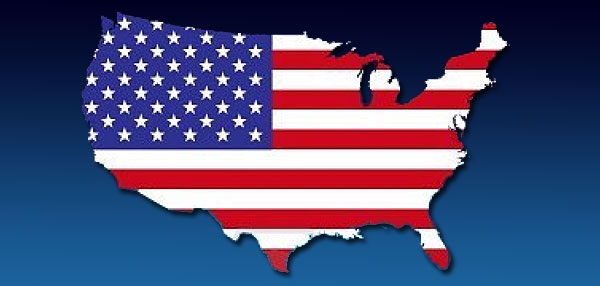
By Johnny C.
Usually, when most people think of events about diversity and international cultures, Indianapolis isn’t the first place they think of when they guess where these events take place. Last week, I attended the Cross Cultural Symposium at Indianapolis’ own Butler University . Aside from a great time rethinking the ways we define, interpret, and understand culture, I left with more questions than I went in with, especially about the Asian American community.
Walk into the room, and at a glance, you will see no more than eight or nine brown and yellow faces. Talk to most of the people there, and you realize that at least a third of the room were Asian Americans—in a conference with nearly one hundred participants.
Yes, I am Asian and I suck at math, but these numbers tell a story, one you probably didn’t know or expect. Stay with me here.
A number of people I talked to were for all intents and purposes, Asian. I didn’t seek out people who looked like me, I inadvertently discovered that these were folks who were just like me because of their upbringing, whether it was a white American girl who lived from the age of two until eighteen in Kuala Lumpur, Malaysia, or a black American boy who spoke Korean, Japanese, and Chinese from his life overseas.
What struck me was when a comment from an American with an Asian face I overheard said, “They aren’t Asian, they just grew up in Asia.” I froze at that moment. By that same reasoning, we who call ourselves “Asian American” are “merely Asians who grew up in America”.
So now I ask then, what is the Asian American experience and identity? Growing up in Hong Kong and Manila, I was American because I was born in the U.S. but left for the other side of the Pacific long after.
I see Asian American culture as its own unique series of experiences and stories, yet none of them initially seemed to be mine because I didn’t feel any connection to America. I also felt strange that suddenly, Koreans, Filipinos, Chinese, Japanese, Vietnamese, Cambodians—we were all lumped into one giant category of one people who didn’t have different languages, histories, or cultures. I think of the books I read by Helen Zia, Amy Tan, Ron Takaki, and William Wong, who all had some similar stories about people who clashed with their parents’ culture and their new identity as Americans, caught between two worlds, and often times, never having been to the countries their parents immigrated from.
After going to the conference, I think it’s time to make being Asian American more than just having a brown or yellow face and American citizenship. Maybe the definition is expanding now, but as far as I gather from the individuals I interact with (for I am speaking from an observation and my own interpretation of nine years in the U.S.), if we include people from India to China to the Philippines to the Pacific island nations as one large group, why don’t we expand the definition?
Some people at the conference said that we should drop the term “Asian American” because everyone else was Cambodian, Chinese, Filipino, or Indian, and were Asian in Asia merely because they shared the same geographic region. By that same reasoning, it is much like everyone in Canada, the United States, and Mexico could all be called North American, or everyone in Europe can be called European instead of German, Czech, Swedish. Their point was to say we are all “Asian” in America because we are lumped together in one huge category, and we had shared some parallel experiences from the generations of immigrants coming to the U.S., as outlined in Ron Takaki’s Strangers from a Different Shore and Helen Zia’s Asian American Dreams. Had it not been for our brown and yellow faces, we would not be lumped together, nor should we be.
But, there is power in numbers. And there is also a greater potential to reach out and connect us to one another rather than separate us into ethnic and racial categories. So I leave you with this: I believe it is time for us to expand the definition and be more inclusive. How would you expand and define it?
ABOUT JOHNNY: John “Johnny C” Chuidian was born in California and grew up in Hong Kong and Manila. He is currently a student at UCSD’s graduate school of International Relations and Pacific Studies, and hopes to use his specialization to raise awareness of global issues and call people to take action, especially in Southeast Asia. He will be going to film his first mini-documentary in Thailand this December on human trafficking and sex slaves, and can be followed on his project blog at johnnycrockstheplanet.
wordpress.com
- Excited
- Fascinated
- Amused
- Disgusted
- Sad
- Angry








